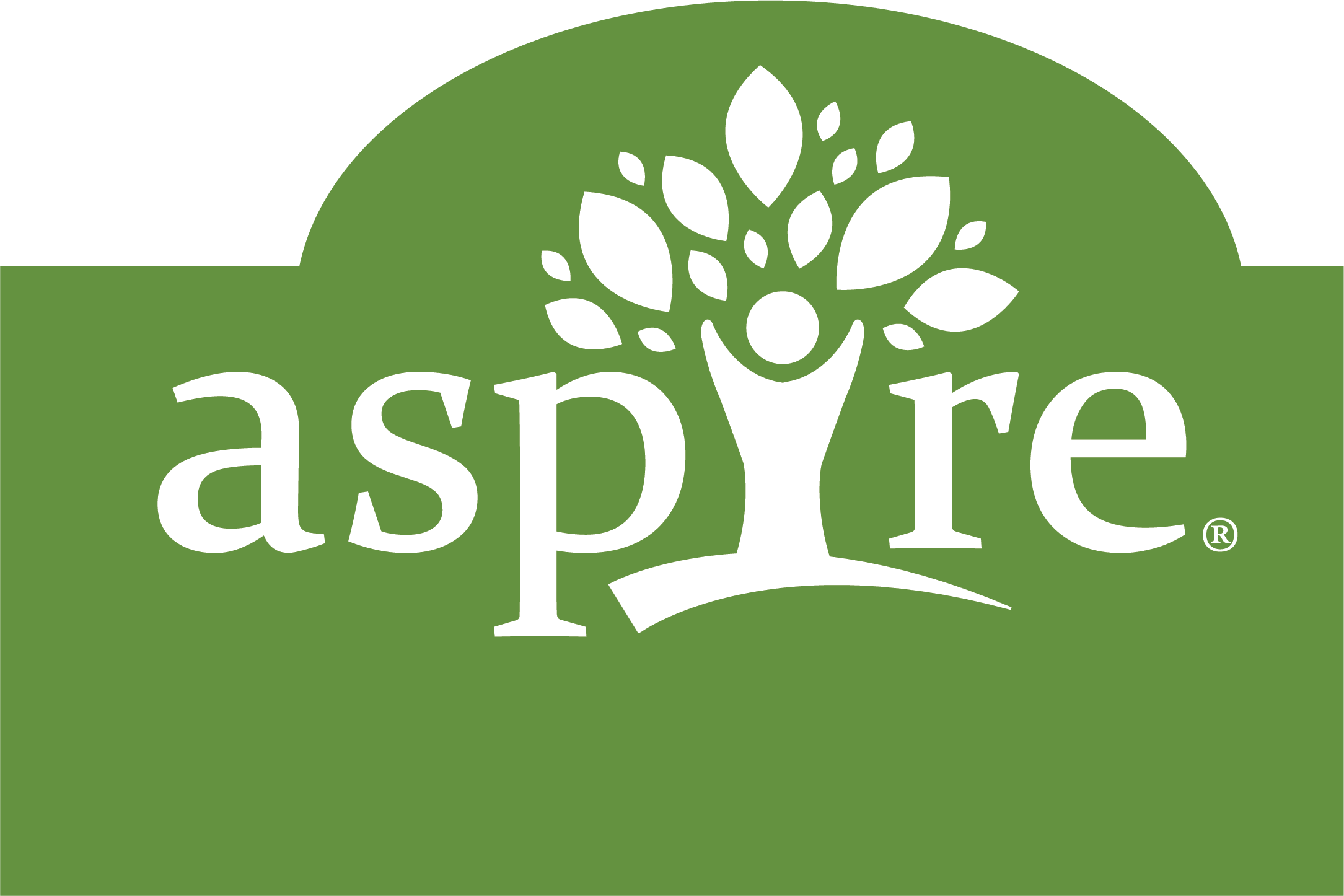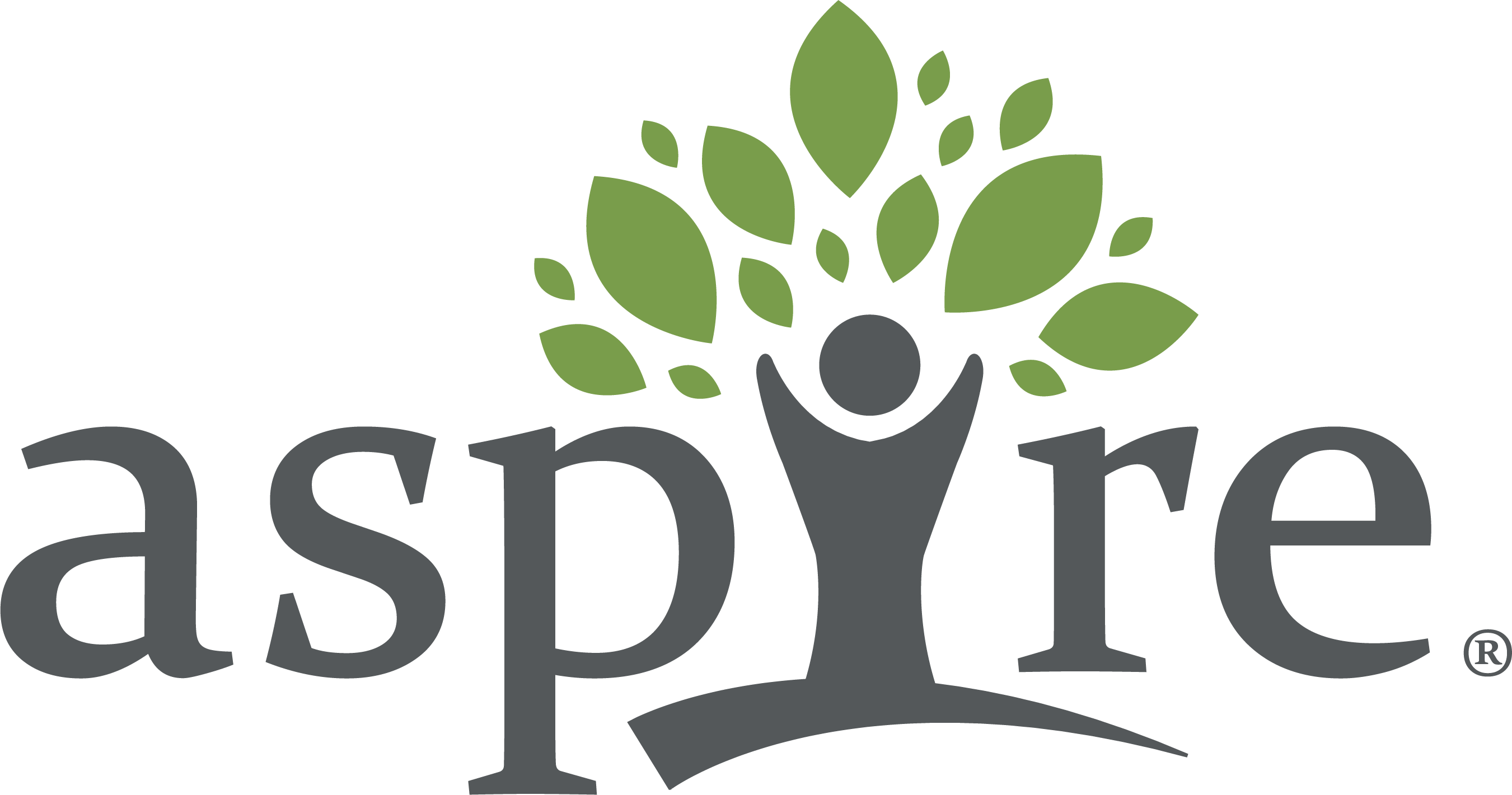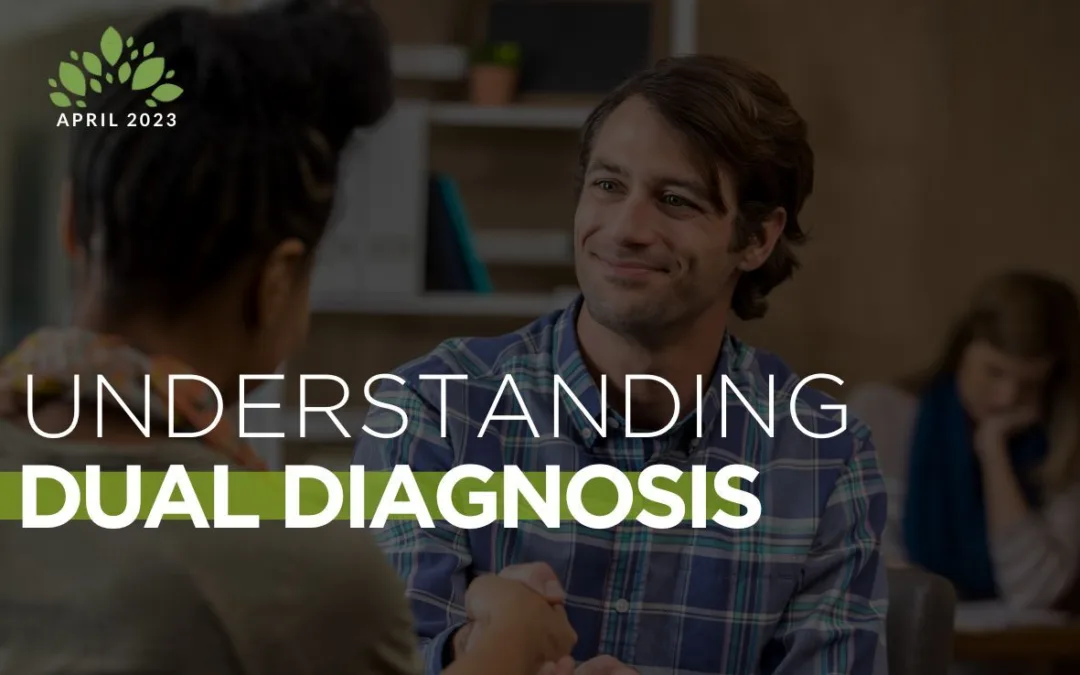Dual diagnosis, or co-occurring disorder, or comorbidity, is a term for when someone experiences a mental illness and a substance use disorder simultaneously. The effects of these conditions are significantly worse when they occur together. Aspire Counseling Services believes that treatment for dual diagnosis must include integrated intervention, care for both the mental health illness and for the substance use disorder, to be effective.
Mental health disorders include conditions such as depression and anxiety, among others. A substance use disorder may be alcohol, drugs, or other addictive substances. When both occur together, the symptoms of each can be significantly worse. Substance use problems can get worse with untreated mental health issues, yet increased substance use can make the mental health issues worse, creating a vicious cycle.
Dual diagnosis is a problem that is growing significantly in the United States. In 2018, the National Survey on Drug Use and Health stated over 9 million adults in the U.S. experienced both mental illness and substance use disorder, by 2020 that number had significantly increased to 17 million. Over 50% of people who experience a substance use disorder will also have a mental health disorder, and vice versa. This is why it is so important to treat both disorders simultaneously, you cannot simply address one without addressing the other.
Symptoms of Substance Use Disorder
- Work or school problems – frequent absences, drop in performance, sudden disinterest, difficulty focusing
- Health issues – lack of energy and motivation, change in weight, red eyes
- Change in appearance – neglect in grooming, lack of interest in clothes or looks
- Change in behavior – secretive and withdrawing from family and friends, change in relationships, short-tempered or disinterested, engaging in risky behaviors
- Money problems – need for money without explanation, missing money or items
- Developing a high tolerance for substances – feeling need of substance to function, experiencing withdrawal symptoms without substance
Symptoms of Mental Health Disorder
- Extreme mood changes – excessive highs and lows, feeling sad or down, excessive anger, hostility, or violence
- Troubled thinking – confusion or difficulty concentrating, excessive fears or worries, extreme feelings of guilt, trouble understanding or relating to situations or people, suicidal thoughts
- Changes in behavior – withdrawal from family and friends, low energy or extreme tiredness, problems sleeping, changes in eating habits, sex drive changes
- Inability to cope with stress – unable to handle small problems, detachment from reality, paranoia, hallucinations, problems with alcohol or drug use
Someone experiencing untreated mental health issues may turn to substance use to relieve their symptoms, mistakenly believing that it will make them feel better. This is known as self-medicating. Unfortunately, substance use typically makes mental health symptoms much worse, and often leads to addiction. This results in a repeating cycle of worse symptoms and more substance use. There are numerous combinations that can occur for a dual diagnosis – alcoholism and depression, pain killers and anxiety, marijuana addiction and bipolar disorder, etc. Some substance use may even cause additional mental health disorders, and mental health disorders can lead to multiple substance uses.
The dual diagnosis counselors at Aspire Counseling Services know that together you must develop an understanding of each condition and how they affect each other for your treatment to be effective. One diagnosis cannot be treated without addressing the other, or the cycle will continue. Aspire offers intensive programs to treat dual diagnosis and help you develop the skills you need while maintaining as much of your daily home and work/school routines as possible.
Aspire Dual Diagnosis Resources
Detoxification
The first step will be to wean off the substance with as little effects of withdrawal as possible and Aspire has the trained medical staff to provide the medications and treatment to help you through the detoxification process.
Rehabilitation
Someone suffering from mental illness and substance use disorder will need both medical and mental health care. Aspire staff provide compassionate treatment including therapy, support, medication, and health services to treat substance use disorders and the underlying causes.
Therapy
The experienced counselors at Aspire provide psychotherapy, such as cognitive behavioral therapy (CBT) to help those with dual diagnosis develop the skills to cope and change their ineffective patterns of thinking that are leading them to substance use.
Self-Help and Support Groups
Aspire offers support groups to all patients to help them overcome their challenges and feelings of isolation. By celebrating successes, sharing frustrations, and swapping tips, patients can form healthy friendships and find encouragement to help them on their road to recovery.
If you or a loved one is suffering from dual diagnosis, then Aspire Counseling Services offers the treatment you need to live healthy. Contact the experts in dual diagnosis and get on your road to recovery today!

Planting Seeds, Saving Lives
Copyright © 2026 Aspire Counseling Services® | Privacy Practices | Terms and Conditions | Powered & Designed by Citryn, LLC

Planting Seeds, Saving Lives
Available 24/7 (888) 585-7373
FOLLOW US ON SOCIAL MEDIA
MENU
LOCATIONS
Privacy Practices
Copyright © 2023 Aspire Counseling Services®
Powered & Designed by Citryn, LLC

